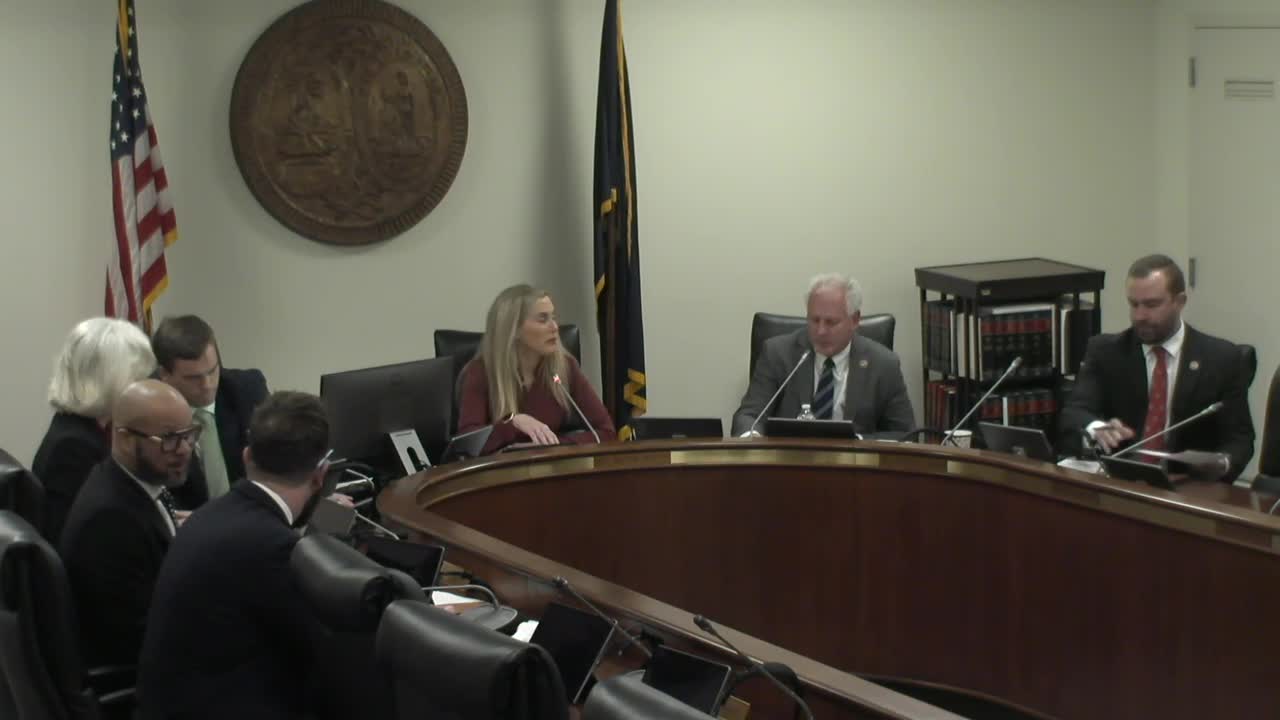Public testimony pushes for attorney-only guardians, fee caps and stricter rules after subcommittee opens hearing on guardian ad litem bills
Get AI-powered insights, summaries, and transcripts
Subscribe
Summary
Dozens of public commenters told the South Carolina subcommittee that guardian ad litem practices in family court need sweeping reforms: many urged requiring attorney guardians, fee caps, limits on record access and stronger accountability; the committee scheduled a follow-up hearing to gather additional testimony.
Speakers at a South Carolina House subcommittee hearing on Oct. 12, 2025, urged lawmakers to overhaul the guardian ad litem (GAL) system in family court, pressing for attorney-only GALs, caps on fees, restrictions on ex parte communications and limits on guardian access to litigants’ medical records. The subcommittee agreed to schedule an additional hearing to collect more testimony on several GAL-related bills.
Testimony from multiple parents described long-running custody disputes in which speakers said lay guardians or guardian-appointed attorneys disproportionately influenced judges’ decisions, ran up large fees and communicated privately with other parties or experts. Carlton Walker of Charleston, who identified himself as a residential builder and real estate broker, told the committee his case involved multiple guardians and lawyers whose fees he says totalled roughly $370,000 for one attorney and $58,000 for a lay guardian’s counsel; he said his family has paid about $3,906 per month for the next 100 months and estimated total legal costs near $860,000. Walker asked the subcommittee to consider requiring GALs be attorneys and to allow civil claims against guardians in line with Fleming v. Asbille (1997), which he cited as precedent for limiting absolute immunity; he also urged state payment for court-appointed guardians where judges request “eyes and ears.”
Other speakers gave similar accounts. Jill Swing of Charleston said her lay guardian later asked the judge to be removed and then was instead assigned an attorney who “ran up the bill,” and argued that GALs should not be appointed in uncontested custody cases. Swing recommended stricter educational requirements for lay guardians (beyond a high-school diploma), fee caps with required itemized timesheets when caps are exceeded, clearer limits on guardians’ authority to recommend medical treatments or block chosen counselors, and use of standardized checklists to reduce bias.
Meg Perino, who described herself and her son as victims of family court and a guardian ad litem, supported banning ex parte communications and requiring attorney GALs; she said the guardian assigned in her case appeared biased and that fees demanded before trial were excessive. Lisa (surname unclear in the record) said her case has run for seven years and described repeated psychological testing, multiple guardians, and interactions she characterized as manipulative; she told the committee she supports attorney-only GALs and stronger complaint and investigative mechanisms when guardians allegedly act improperly.
Jim McLaren, a family-law practitioner who said he was testifying in an individual capacity, urged preserving lay guardians in smaller counties while improving training and oversight. He opposed routing complaints about lay guardians to the Office of Disciplinary Counsel (ODC), saying trial judges are the proper forum to police guardian conduct, and warned that strict bans on certain communications could be costly or allow tactical manipulation by parties.
Committee members asked clarifying questions during testimony. Representative David Martin noted family law’s emotional stakes and asked whether continuing education for lay guardians would help; witnesses generally supported stronger training and education requirements. Representative John Richard C. King raised questions about privacy protections if guardians have access to medical records; witnesses differed, but several argued medical-record access should be limited and subject to counsel oversight.
The subcommittee did not vote on any GAL-related bills during the session; the chair said the panel received seven additional GAL bills and asked staff to schedule another hearing to allow more people to testify. Committee staff will post the date and sign-up information on SCStatehouse.gov.
Speakers’ suggestions recorded in testimony included: requiring attorney GALs or higher minimum education for lay guardians; statutory fee caps and mandatory itemized time records when caps are exceeded; a prohibition or tighter limits on ex parte communications between GALs and other lawyers or therapists; restricting GAL access to litigants’ private medical records absent court order; standardized checklists for investigations to reduce bias; and clearer accountability channels when guardians are alleged to have acted improperly.
